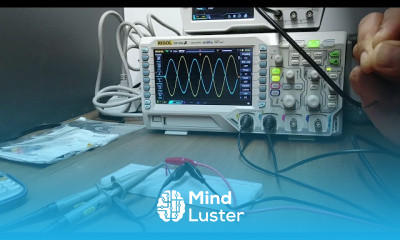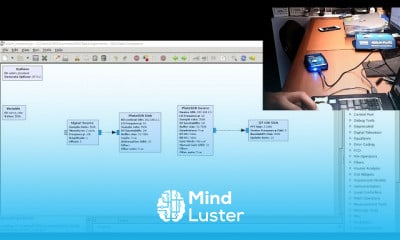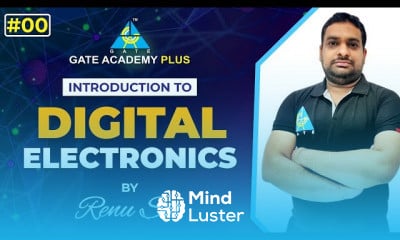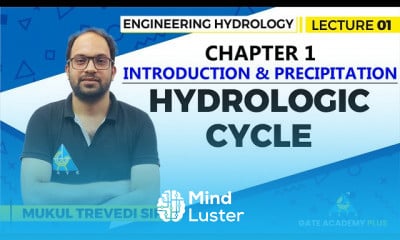FinFET technology SG IG Part1 VLSI Lec 87
Share your inquiries now with community members
Click Here
Sign up Now
Lesson extensions
Lessons List | 99
Lesson
Show More
Lessons
Comments
Related Courses in Engineering
Course Description
Moore's law in VLSI course,
in this course we will learn about Moore's Law in VLSI. This course provides an in-depth exploration of Moore's Law, its origins, and its profound impact on Very Large Scale Integration (VLSI) technology. Starting with an introduction to the historical context, we will delve into Gordon Moore's observation that the number of transistors on a chip doubles approximately every two years, leading to exponential growth in computational power and efficiency. We will examine the technological advancements that have enabled this trend, including innovations in semiconductor materials, photolithography, and transistor design. Through practical examples and case studies, you will gain insights into how Moore's Law has driven the evolution of microprocessors, memory devices, and other critical components in modern electronics. The course also addresses the challenges and limitations faced as we approach the physical and economic boundaries of scaling. Topics such as power consumption, heat dissipation, and the emergence of alternative technologies like quantum computing and neuromorphic engineering will be discussed. By the end of this course, you will have a comprehensive understanding of Moore's Law's significance in VLSI, its current state, and future prospects. This course is ideal for students, professionals, and anyone interested in the dynamic field of semiconductor technology and its pivotal role in shaping the digital age.
Trends
AUTOMATA THEORY
MS Excel
Video editing with adobe premiere
Learning English Speaking
Control Systems CS
Create a website with wordPress for beginners
Python programming language
C Programming Language
Digital Marketing
Mobile Apps from Scratch
English greetings and responses
Digital Logic Families in Digital Electronics
R Programming basics for Data Analytics
English Language
Advanced Soil Mechanics course
Digital Marketing Beginners
IC engine parts in Mechanical Engineering
English Grammar
Business Law fundamentals
Data Science with Python conditions
Recent
Royalty accounts fundamentals
Format of container accounts for beginners
company accounts fundamentals
Branch accounting fundamentals
Business Law fundamentals
Coordination in management
Influencer marketing strategies for beginners
Micro and macro economics for beginners
Job analysis techniques and tools
Total quality management for beginners
Golden rules of accounting with example
Comparison of equity and preference shares
Source documents in accounting beginners
English greetings and responses
Improve english grammar skills
English spelling rules for beginners
English pronunciation and spelling basics
English modal verbs essentials
FCE exam preparation essentials
B1 preliminary speaking exam Preparation
























































